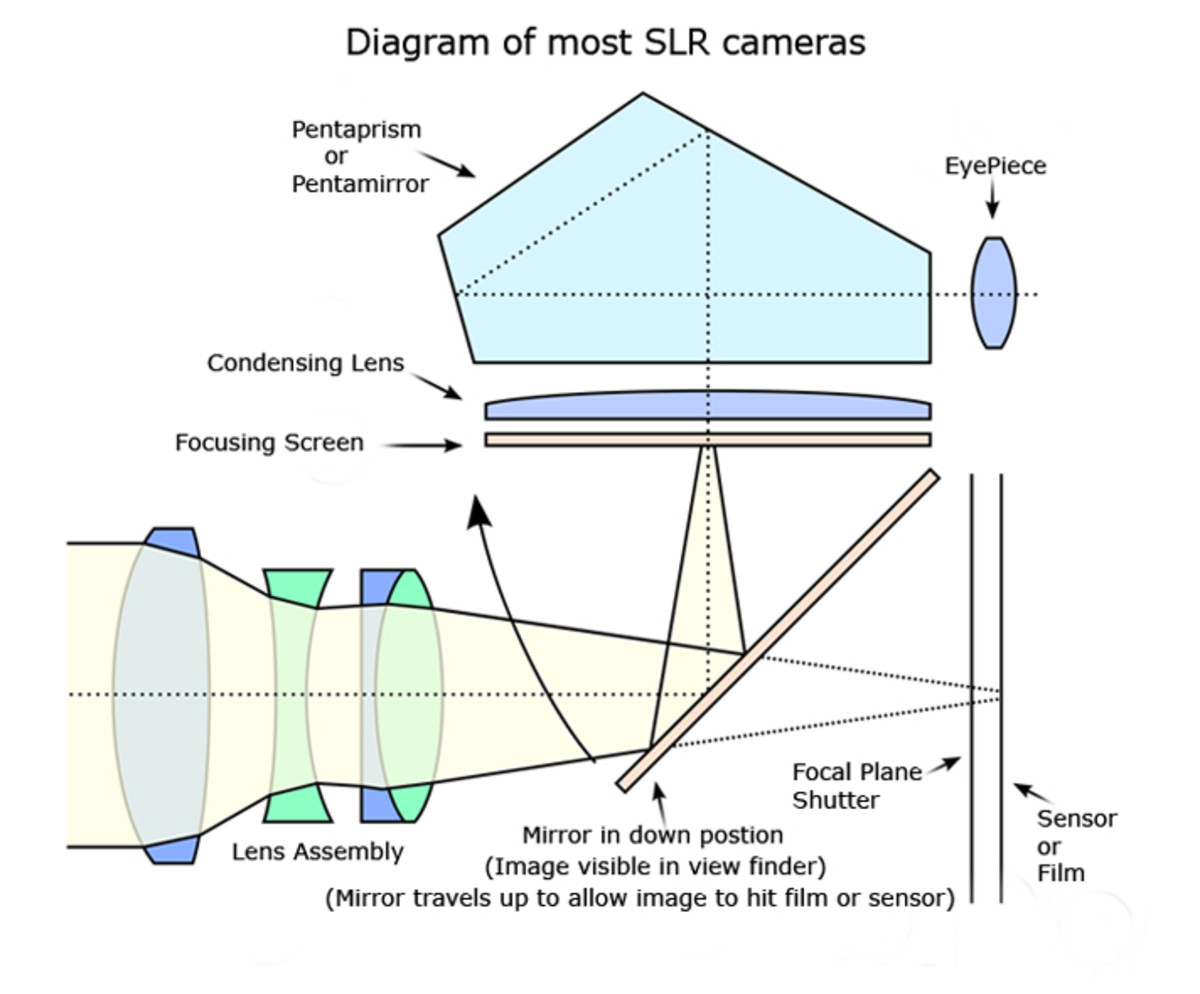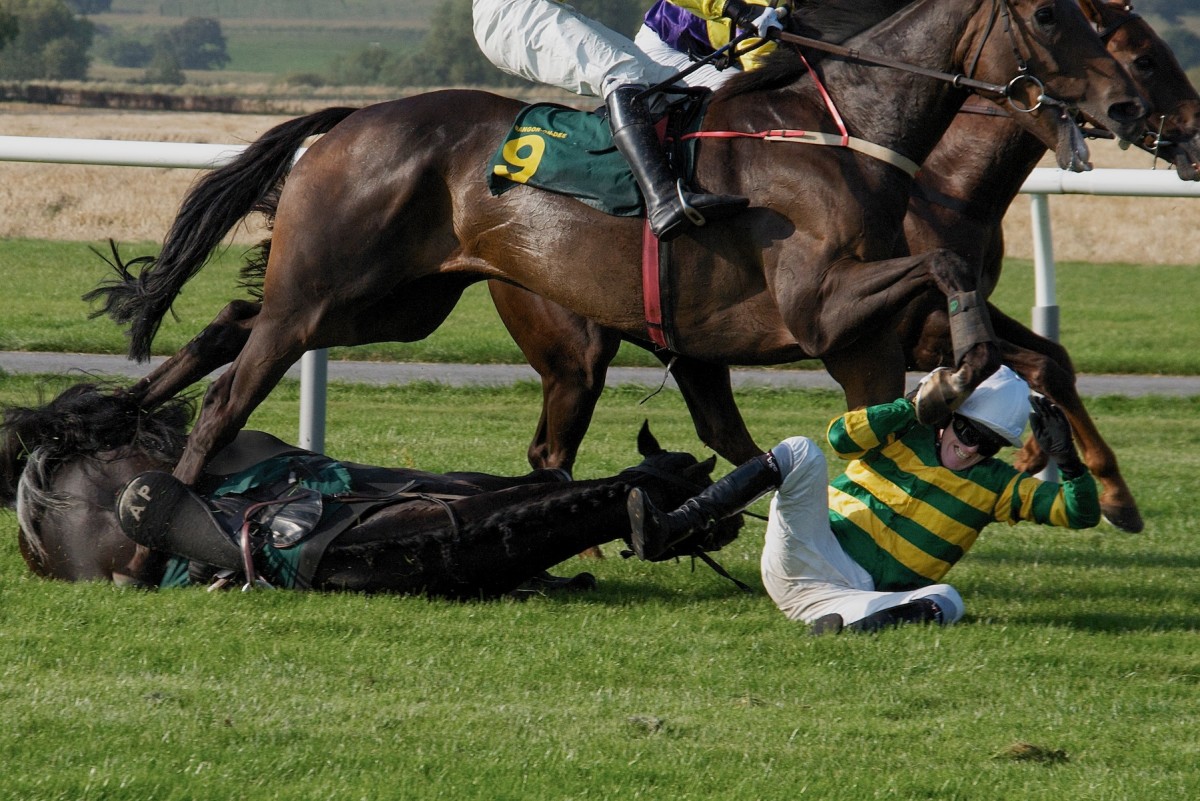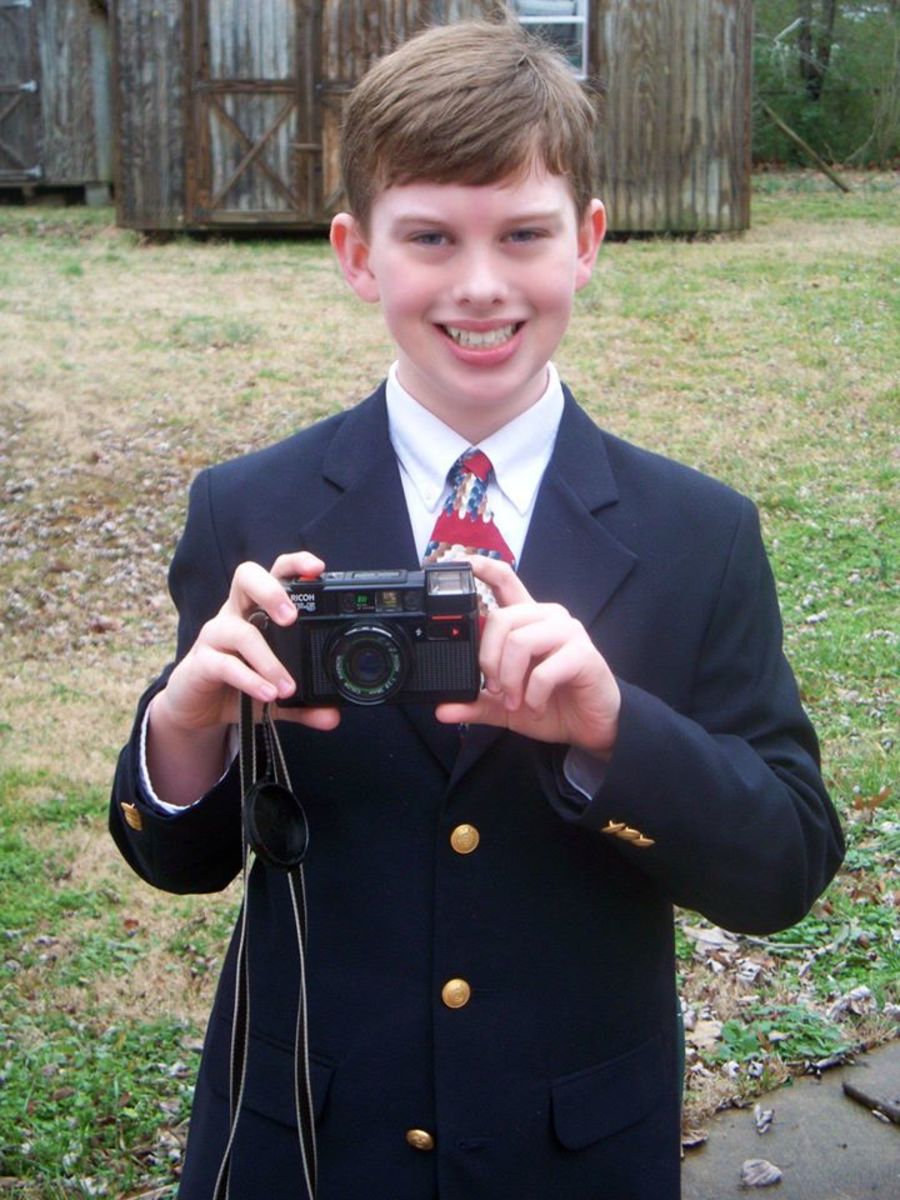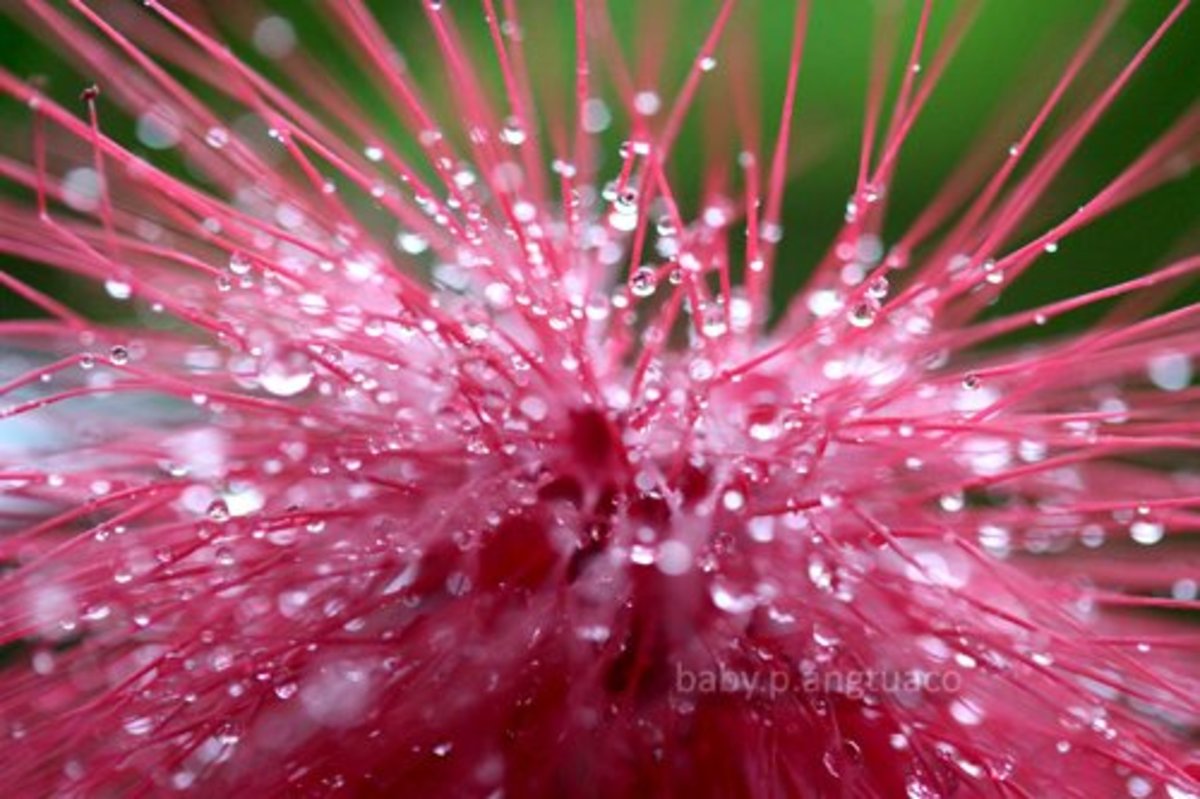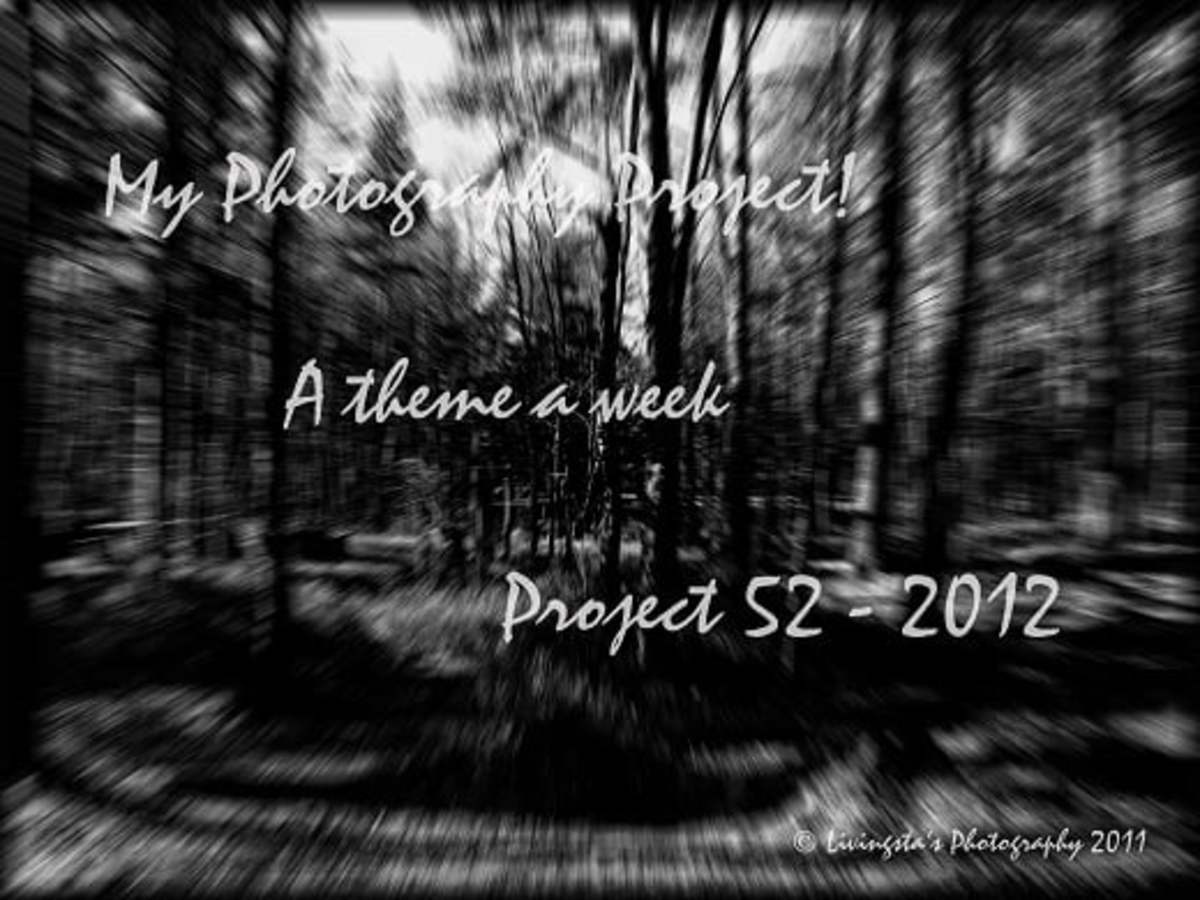Consider These Points Before You Buy a DSLR Camera
A benefit of DSLR - Setting the Aperture
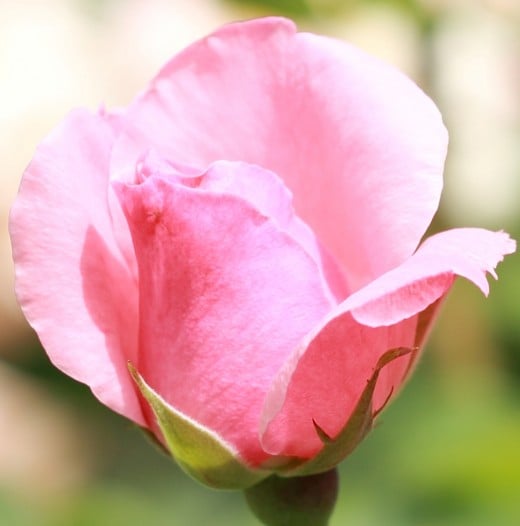
What's the Camera For?
When Do You Use Your Camera Most?
Buying A New Camera?
About two years ago, I got this crazy notion that I wanted a new camera. A "real" camera. Not a point and shoot (although, point and shoots take beautiful pictures these days). I don't know where this idea came from, or why I wanted one. Perhaps there were a lot of television commercials flashing subliminal messages that year, but...they worked. I was convinced.
So, I went to the nearest office supply store on my lunch hour, compared the cameras, went home and thought about it. I went back and got a basic model. A Canon Rebel.
Now, mind you I knew nothing about cameras and I knew even less about buying them. In the two years that have passed, I learned a thing or two, so here's some information that might help another novice if they are planning to buy one.
The first thing I would ask yourself is what will the camera be used for? If you just want a 12 megapixel camera that takes beautiful pictures, you can get that with any point and shoot. As a matter of fact, many of those beautiful pictures can be blown up to poster size without any repercussions.
If you are looking to take professional looking pictures with the options of zooming in from different angles, using different apertures, and manipulating your photos to get shots that look like they belong in a studio, then you may want to purchase an DSLR (Digital Single Lens Reflex) camera.
Point and shoots are perfect for everyday pictures. They look wonderful and generally get the job done. I have a point and shoot and I love the way the pictures come out with it.
DSLR's are a bit better for the serious amateur photographer and professionals.
If you've made the decision to buy an DSLR, do your research first. There are plenty of stores that carry what you are looking for and unlike my choice, I'm not sure an office store is the best place to buy them, although I do love my camera. Check your area for camera stores to at least weigh your options, even if you don't buy your camera there. Amazon.com carries them and http://www.bhphotovideo.com/ has had some good reviews, although I've never personally purchased from them.
What's Your Preference?
Which Camera Brand do you Prefer?
Looks Like Fun!
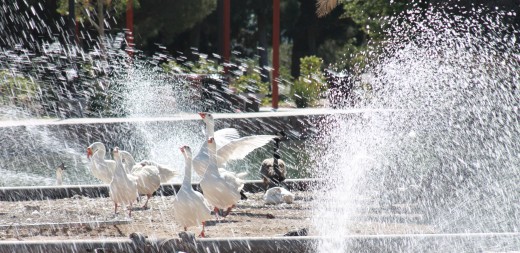
Overexposed? Underexposed?

Remember These Things...
When considering buying an DSLR, remember a few things, in no particular order.
- The camera is expensive. What I would suggest is buying just the body of the camera without the stock lens. Then buy a lens that fits what you are looking to shoot pictures of. The body will be cheaper and the stock lens is well, just how it sounds, a stock lens.
- If you buy one lens and you are happy with just that, then you are fortunate. I told myself I would stick with one lens. Then I wanted another, and another. If I had my way, I'd have ten by now, but I'm still taking it slow, unless I win lotto. Then I'm buying more lenses.
- If you're serious about photography, you'll want to also buy UV Lens protectors and possibly polarized lenses, as well as lens hoods. Depending upon the type and brand, you might've just spent $200 on lens protectors and hoods. It adds up!
- Then you might want to buy a quality tripod. These run from $30 on the low end to over $1000 on the high end. The sky is the monetary limit when talking photography equipment. When taking pictures, in order to produce top quality pictures, some photo shoots may require a tripod...and a remote to avoid camera shake. You'll want a quality tripod so that it will support the weight of the camera and the giant lens you just purchased.
- Don't forget your camera bag. Again, depending on how much equipment you bring with you on your photo shoot, chances are you'll want a bag.
- I've only begun to list some pieces of equipment that is necessary...and that's just for the novice. As you can imagine, it can add up to be a pretty penny. I chose to start inexpensive with hopes of working my way up as I learn how to take photos. Which brings me to my next bullet.
- There will be a learning curve. Unless you already know how to use these cameras, there is a lot to learn. Not only does the camera itself have a lot of options and menus, but each lens performs a different task and produces a different type and quality picture. If you plan on going professional, there's the famous rule of thirds and focal points. It's not something that is easily learned overnight. It's not impossible, but it's not as easy as it looks. I was lucky to have a friend teach me the basics as it was lot more effective than reading the manual. You might want to invest in a short course for starters.
- And, once you learn the camera, there's also the photo-editing software that will need to be purchased and learned...especially if you decide to shoot in RAW.
- Trade Magazines: These are a bit expensive, however, they have helpful tips in them. Also, invest in a good photography book for some tips on the trade and suggestions of good lenses, tripods, etc.
- YouTube has some awesome instructional videos such as how to use the tripod, learning the menus on your camera and general photography advice. Some videos give the recipe for getting a great shot, including what to set your aperture on, your ISO and your shutter speed.
- Lastly, don't forget that the camera, along with all of its lenses, tripods, remotes and anything else can be quite bulky. Makes for a lot of packing on a simple hike. A point and shoot can fit in your jeans pocket, but an DSLR is an entirely different animal.
I have to say I love the decision I made to buy an DSLR, but I still have a ton to learn. I only wish I had read up on it a bit more prior to making my purchase, so hopefully this blog helps you do just that. Don't rush into it. Chances are that you might truly love taking pictures...and it becomes quite an addiction. The more pictures you take, the more you learn how your pictures tell a story. You're going to want the right lens for that!
Think about what your needs are and make the right choices early on to save you money in the long run. Have fun!

